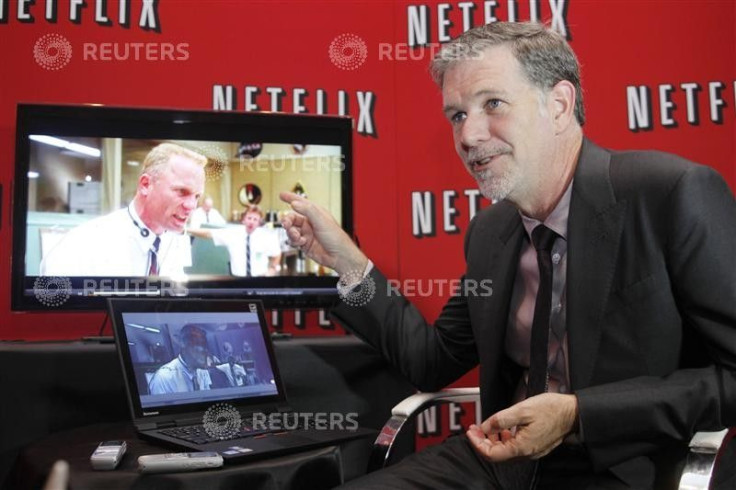Amazon-Netflix Streaming Arms Race Heats Up

On Monday, Amazon announced that it had closed a deal with 20th Century Fox to stream 2,000 of the studio's titles under its Amazon Prime subscription service. This news followed close on the heels of Netflix's announcement that it had signed an exclusive deal to stream movies from DreamWorks Animation.
The two companies have spent the past several months snapping up content in a decidedly eager - if piecemeal - way. Netflix's most recent acquisitions include the AMC hit series Mad Men and a number of shows from CBS, including Medium, Cheers, Frasier, and Star Trek. Amazon's deal with Fox yielded popular TV shows Arrested Development, 24, and Buffy the Vampire Slayer. The Netflix library now boasts 20,000 titles, while Amazon's collection weighs in at a slightly more modest 11,000 titles.
This is likely to change, however. The costs of streaming are rising - CNN Money analysts predict that licensing costs will rise from $180 million in 2010 to $1.98 billion in 2012 - and studios are growing more selective about their dance partners. In Monday's announcement of the Netflix-DreamWorks deal, DreamWorks CEO Jeffrey Katzenberg made it clear that the two companies had reached an agreement that included a higher price point for content.
This arrangement allows us to get more value for our content while giving us a greater degree of flexibility in how we distribute it across multiple platforms in today's evolving digital world, Katzenberg said. The increasing cost of securing content signals a sea change to Ted Sarandos, chief content officer. You're seeing power moving back into the hands of content creators, Sarandos told the New York Times. When a company like DreamWorks ends a long-running pay TV deal - when a new buyer in the space steps up - that's a really interesting landscape shift.
Though Netflix currently leads in number of titles offered, it is questionable how long the company can maintain its lead with limited capital. With streaming darling Hulu up for sale, it appears that tech giants such as Yahoo, Google, Amazon, AT&T, and Verizon are all looking to get into the game, with additional rumors surfacing that now Apple is interested as well, according to CNN Money . Unfortunately for Netflix, which had just $376 million in hand at the end of the last quarter, the sale price of Hulu is expected to materialize somewhere in the $1-2 billion range.
Yet, the possibility remains that Netflix might not actually be in the running at all. Wedbush Securities analyst Michael Pachter recently speculated that Netflix's recent behavior suggests that it is instead looking to be purchased by Amazon. Pachter suggested that jettisoning its DVD service was an attempt by Netflix to make itself more attractive to Amazon, which he speculated might be willing to pay up to $7.2 billion for Netflix's streaming division. There are few early indicators to suggest that this is so, but Netflix's recent decision to spin off its DVD-by-mail division has raised eyebrows as well as questions as to what direction CEO Reed Hastings is looking to take in the near future.
If Netflix does seek to continue as an independent company, it will have to work hard over the next few months to keep its lead. To do so, it will have to continue to aggressively collect ever new and compelling content to placate a customer base that has been recently rocked by price hikes and bewildering structural changes.
© Copyright IBTimes 2025. All rights reserved.





















